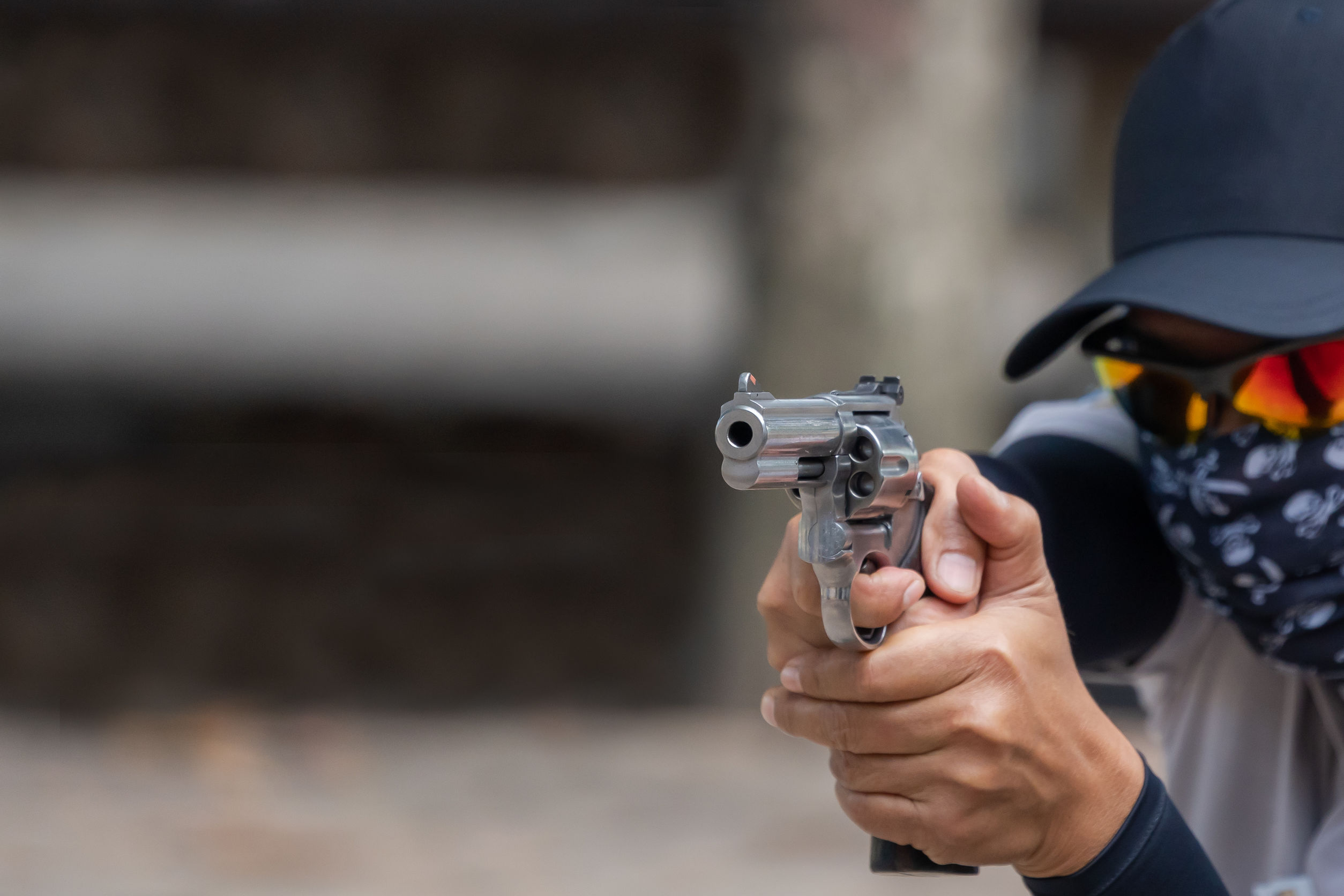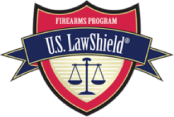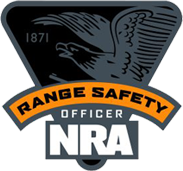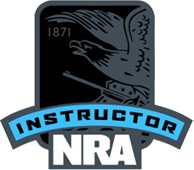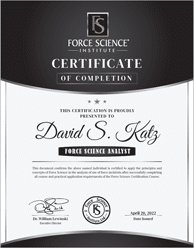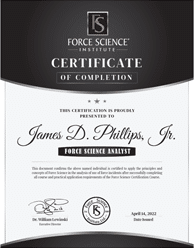Florida Self-Defense Lawyer
Most of Florida’s gun laws are contained in Florida Statutes Chapter 790 entitled Weapons and Firearms.
Florida Law defines a firearm as any weapon the will or may be converted to expel a projectile by the use of an explosive. The definition of a firearm also includes the frame or receiver of such weapon and any muffler or silencer and any machine gun. Florida law specifically excluded antique firearms from the definition of a firearm, unless the antique firearm is used in a crime. You can find the exact definition in Florida Statute §790.001(6).
What Determines Self-Defense?
Florida allows a person to answer force with like force. Florida recognizes two categories of force:
1) Non-Deadly Force
2) Deadly Force
Florida Statute §776.012 is commonly referred to as the self-defense statute
Non-Deadly Force
776.012(1) allows a person to use or threaten to use, non-deadly force against another person. The Use of non-deadly force is allowed when a person reasonably believes that it is necessary to defend themselves or another person against the imminent use of unlawful force against them. The force used is allowed only to the extent necessary to defend against the attack. Further, a person who defends themselves with non-deadly force does not have a duty to retreat prior to defending themselves.
Deadly Force
776.012(2) allows a person to use or threaten to use deadly force against another person. The use of deadly force is allowed when the person reasonably believes that is necessary to prevent immediate death or great bodily harm either to themselves or another. A person who uses defensive deadly force does not have a duty to retreat prior to defending themselves as long as they are not committing a crime or in a place where they do not have a right to be.
The Castle Doctrine
Strengthening the self-defense laws in Florida are two legal principles. The Castle Doctrine and Stand your ground.
The Castle Doctrine is a theory that every man is the king of his castle, every woman the queen of hers. In many states (NOT FLORIDA) prior to using deadly force to defend oneself a person must attempt to retreat. Even in states that require a person to attempt to retreat prior to using deadly force in self-defense the castle doctrine eliminates this requirement in their home. Florida took the original idea behind the castle doctrine and expanded it to include much more.
The term Castle Doctrine is not found anywhere in Florida Statutes. However, the laws that embody Florida’s Castle doctrine can be found in Florida Statutes §776.013.
The Castle Doctrine in Florida not only applies to a person’s home but in Florida it applies to all Dwellings, Residences, and Occupied Vehicles. Florida’s Castle Doctrine typically provides a defender with two very powerful presumptions: 1) A person is presumed to have held a reasonable fear of imminent peril of death or great bodily harm to himself or herself or another when using or threatening to use defensive force that is intended or likely to cause death or great bodily harm to another. 2) A person who unlawfully and by force enters or attempts to enter a person’s dwelling, residence, or occupied vehicle is presumed to be doing so with the intent to commit an unlawful act involving force or violence.
Stand Your Ground
In 2015 the Florida Legislature added stand your ground language into our justification of force and deadly force statutes discussed above. Currently, as long as you are not involved in the commission of a crime you can stand your ground and defend yourself with all force up to and including deadly force anywhere you have a right to be in Florida. Prior to 2015, the only place you could stand your ground was at a Castle Doctrine Location: Dwelling, Residence, Occupied Vehicle. The Stand Your Ground Law is still on the books and can be found in Florida Statutes §776.013(1), however, the 2015 changes in the law greatly expanded Floridian’s rights to stand their ground.
Protection against accidentally harming a bystander during self-defense
Although Florida statutes do not provide any defense if you accidentally injure an innocent bystander while legitimately defending yourself or others, the courts have ruled that the unintended killing or injuring of a bystander is excusable (criminally) if it occurs during the proper and prudent exercise of self-defense. See Brown v. State, 84 Fla. 660, 94 So.874, 874 (1922); Nelson v. State, 853 So.2d 563, 565 (Fla. 4th DCA 2003); and V.M. v. State, 766 So.2d 280, 281 (Fla. 4th DCA 2000) .
Defense Against Dogs and Other Animals against a person
Florida law does not address defending humans against animal attack. Further, our animal cruelty statute found in §828.12 of Florida Statutes forbids the unnecessary killing of an animal. Therefore, a person presumably does not violate Florida law if they shoot an attacking dog or another animal, either killing or wounding it out of necessity.
Defense Against Dogs and Other Animals against pets and livestock
Florida Statute §767.03, provides a defense in both criminal prosecutions and civil suits for damages against any person for killing or injuring a dog. The Statute specifically says that it is a good defense to the killing or injuring of a dog if the dog “had been” or “was” killing any domestic animal or livestock.
No gun? What are my self-defense options in Florida?
In this video, Attorney James Phillips explains what are your self-defense options in Florida. If you have any specific questions, please feel free to reach out by submitting your question for us to answer with the form on the right or contact our firm to discuss your issue.
More results...
Related FAQ’s
Get in touch

"*" indicates required fields
Areas Served
-
Boca Raton
-
Boynton Beach
-
Cape Coral
-
Clearwater
-
Coral Springs
-
Davie
-
Daytona Beach
-
Deerfield Beach
-
Deltona
-
Doral
-
Fort Lauderdale
-
Fort Myers
-
Gainesville
-
Hialeah
-
Hollywood
-
Homestead
-
Jacksonville
-
Kendall
-
Kissimmee
-
Lakeland
-
Largo
-
Lauderhill
-
Melbourne
-
Miami
-
Miami Beach
-
Miami Gardens
-
Miramar
-
North Port
-
Orlando
-
Palm Bay
-
Palm Coast
-
Pembroke Pines
-
Pine Hills
-
Plantation
-
Pompano Beach
-
Port St. Lucie
-
Spring Hill
-
St. Petersburg
-
Sunrise
-
Tallahassee
-
Tamarac
-
Tampa
-
The Villages
-
West Palm Beach
Copyright © 2022-2025 The Firearm Firm All rights reserved.
